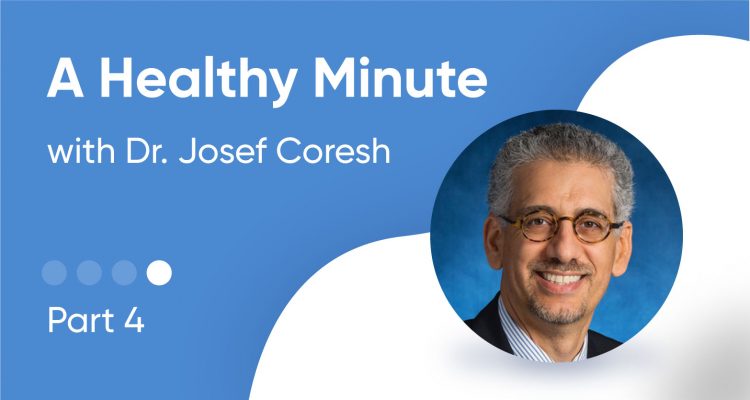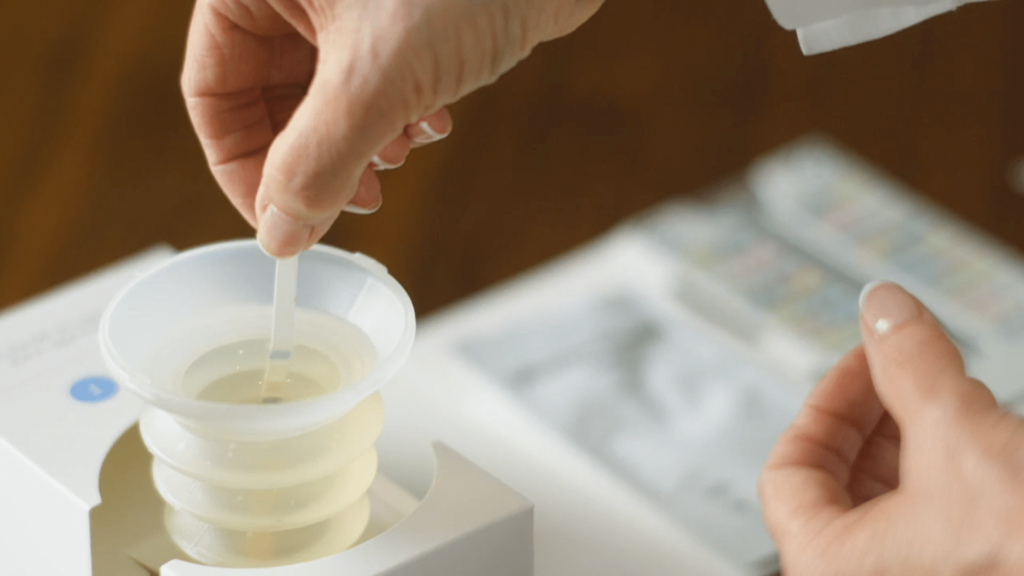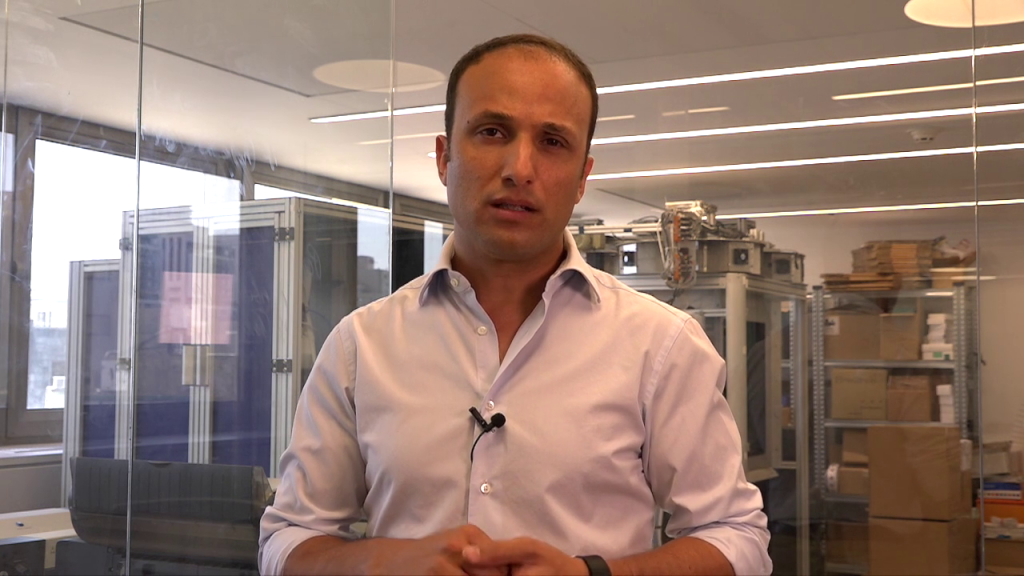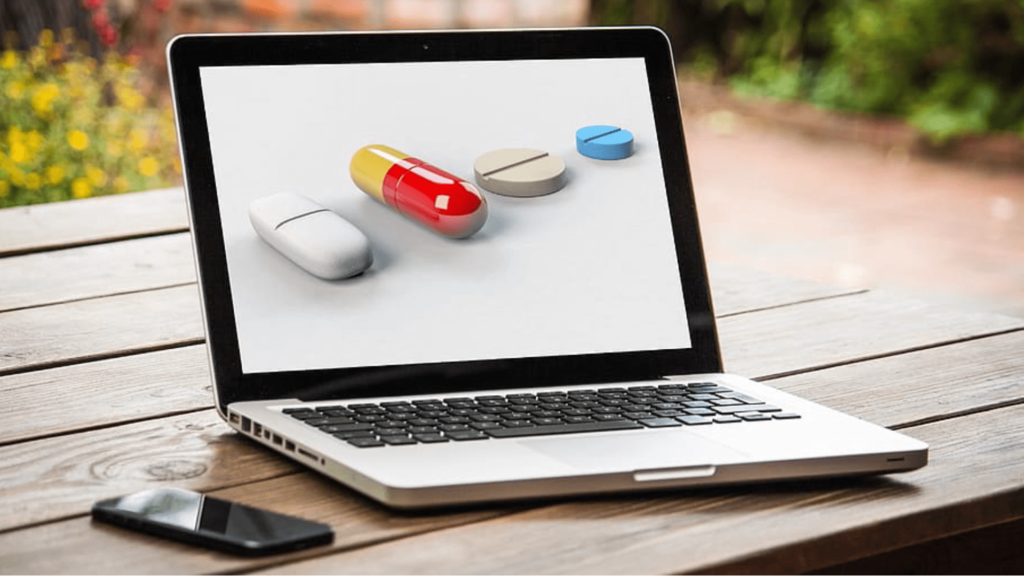Treating chronic kidney disease remains a challenge, but there are reasons for optimism. In a new episode of our Healthy Minute series, Dr. Josef Coresh explains how a proactive approach to CKD detection can make a difference, and what the future holds for CKD treatment.
Dr. Coresh is the G.W. Comstock Professor of Epidemiology, Biostatistics & Medicine at Johns Hopkins University. Not only is he a leading expert in the field of kidney disease, having published extensively on the topic—he has helped define the disease and its stages, and shaped the clinical guidelines for treating it. His groundbreaking study of the prevalence of CKD in the United States was instrumental in drawing attention to the heavy burden of the disease. He was recently announced as the 2020 recipient of the Belding H. Scribner Lifetime Achievement Award, the highest honor bestowed by the American Society of Nephrology, for “outstanding contributions that have a direct impact on the care of patients with renal disorders or have substantially changed the clinical practice of nephrology”.
In this video, the final edition in a series of four, Dr. Josef Coresh discusses the future of CKD treatment—including the impact of smartphone-based early detection.
Transcript
How does a proactive approach to CKD detection make a difference?
Dr. Coresh: It was my pleasure to collaborate with Dr. Alex Chang at the Geisinger Health System, who working with the National Kidney Foundation, funded by Healthy.io providing kits, tested the idea that if you send patients a box with instructions to follow to test their urine at home, more patients will do that than if you send them a letter and say, come to the clinic and do the urine test there. And indeed, we found a difference, which makes sense. And it was good to confirm that patients were able to–in rural Pennsylvania, without too much selection–follow the instructions using the smartphone camera, very much the way you deposit a check these days, deposit their urine test result.
What does the future hold for CKD treatment?
Dr. Coresh: I think we live in challenging times. I think there are a lot of challenges. On the other hand, I think there’s a lot of reason for optimism. I think for me, the optimism is, first of all, in kidney disease, we’re seeing better awareness. We’re seeing that the epidemic of rising dialysis rates, adjusted for age, has flattened out in some high-risk groups, including Native Americans and African-Americans. The risks have now started to go down. There’s still far too high and higher than in the majority white population in the US. But we’ve turned the corner and I think we’ve seen that new drug development is much more energized than it was 20 years ago due to the successes of some of the recent agents. I think that the SGLT2 inhibitors in particular–but there are other drugs for diabetes as well that reduced risk–act on the kidney and reduce heart disease risk dramatically. So we’re getting more and more clinical trials every year to see that. And then finally, I’m quite encouraged by technology and combining technology with medicine, in that I think people are now used to doing things with their phones. I mean, it used to be, you drive and ask for directions, you might get lost. Now people use their phone with things like Waze to guide them. And I think for most of us, we find that we get lost less, we arrive at where we want to be, we actually know if we’re going to be late or not. I think the challenge of using the phone effectively, using technology effectively, in partnership with physicians, it’s quite exciting. And tools like Healthy.io’s, which bring the technology of cameras that are very sophisticated and can do a lot more than just take a selfie, they actually deposit your medical information from home right into your medical record. Connect that to your doctor, connect that to action. My hope is that we’ll get better health, better care, and it might be a better future.





